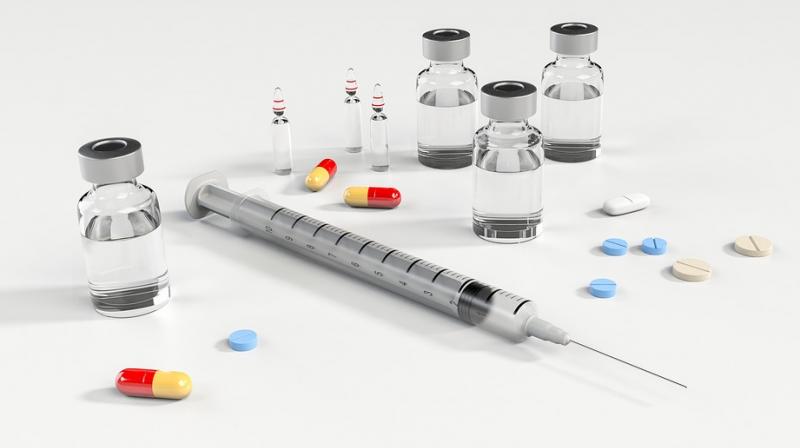Nipah virus: Tamil Nadu government sensitising people on prevention

Chennai: Though no cases of Nipah virus has been reported in Tamil Nadu this year, the State government has launched measures to sensitise the people on preventing the spread of the dreaded virus.
“We are also sensitising people about preventive measures like not consuming bird bitten fruits, wash the fruits well before consumption,” a senior health official said. Though no cases of Nipah virus have been reported in Tamil Nadu this year or even last year, the State health department has taken up precautionary measures, he said.
According to the official, detailed guidelines and alert on prevention and control of Nipah virus infection has been issued to directorates functioning under the department. Directorate of Medical and Rural Health Services has been advised to establish temporary isolation wards and ensure availability of adequate personal protective equipment, drugs and lifesaving equipment like ventilators.
A 24-hour control room is functioning in Directorate of Public Health and Preventive Medicine to monitor the situation and over 2,500 hospitals have been requested to ensure standard infection control practices. Instructions to strengthen surveillance to look out for the cluster of acute encephalitis cases and monitoring daily incidence involving infectious diseases including acute encephalitis syndrome and influenza like illness (ILI), have been given.
“Tamil Nadu has stepped up efforts to screen those sick travelling to the State from Kerala so as to prevent the entry of the virus. We are maintaining a strict vigil in seven districts on the Tamil Nadu-Kerala border,” State Health Minister Dr. C. Vijayabhaskar said on Thursday.
Speaking to reporters here he said the government has taken steps to ensure more mobile medical teams, increased awareness drives, responding to queries from people, among others.
What is Nipah virus?
Nipah infection is an emerging zoonotic disease (transmitted from animals to people) caused by Human Nipah virus (NiV). The first case of Nipah infection was reported in Kampong Sungai Nipah, a village in Malaysia, from where its name originated.
Many pig farmers in the region contracted encephalitis and between September 1998 to May 1999, 276 cases of Nipah infection and 100 cases of subsequent deaths was reported. It is believed that the domestic pigs in the Malaysian pig farms were exposed to bat urine and faeces and the pig farmers contracted the infection due to direct contact with the infected pigs. The second outbreak happened in the year 2001 in Bangladesh. In the same year cases of Nipah infection were reported in West Bengal, India and in 2007, another outbreak was again reported in West Bengal. The Nipah epidemic once again hit India in 2018 with several cases being reported in Kerala.
Transmission of NiV:
Fruit bats, also known as 'flying foxes,' of the genus Pteropus have been singled out as natural reservoir hosts of the Nipah virus. The virus is present in bat urine and potentially, bat faeces, saliva, and birthing fluids. Direct contact with infected pigs and humans can also result in the disease. It can also be transmitted by consuming fruits and vegetables contaminated with the virus.
Symptoms of Nipah infection:
The symptoms include headache, high fever, drowsiness, cough, sore throat, pneumonia with fever, coma and subsequent death. After exposure and an incubation period of 5 to 14 days, the symptoms show after 3-14 days.
Fever and headache, followed by drowsiness, disorientation and mental confusion are the typical symptoms of Nipah infection. The fever may progress to coma within 24-48 hours resulting in death.
Precautions
For the public:
Wash hands with soap before eating.
Wash fruits and vegetables thoroughly before consumption.
Do not consume raw date palm sap or toddy. People should avoid exposure to sick pigs and animals. Direct contact with infected people should also be avoided. Early detection and clinical treatment can play a vital role in controlling the infection.
To be taken by the health department:
Temporary isolation wards should be established and patients with the above-mentioned symptoms should be admitted to these wards immediately. These wards should restrict the entry of visitors.
Personal protection equipment(PPE)- N 95 masks, goggles, face shields, gown, gloves, apron and boots should be worn by the doctors and nurses attending to the patients at all times.

